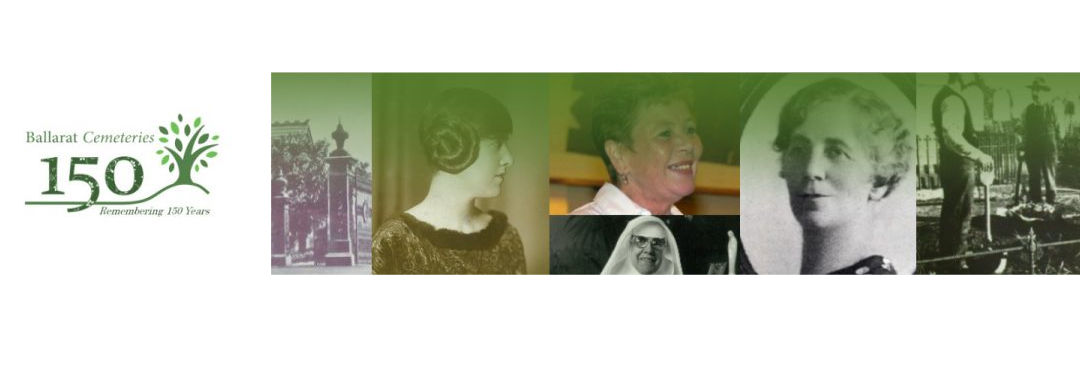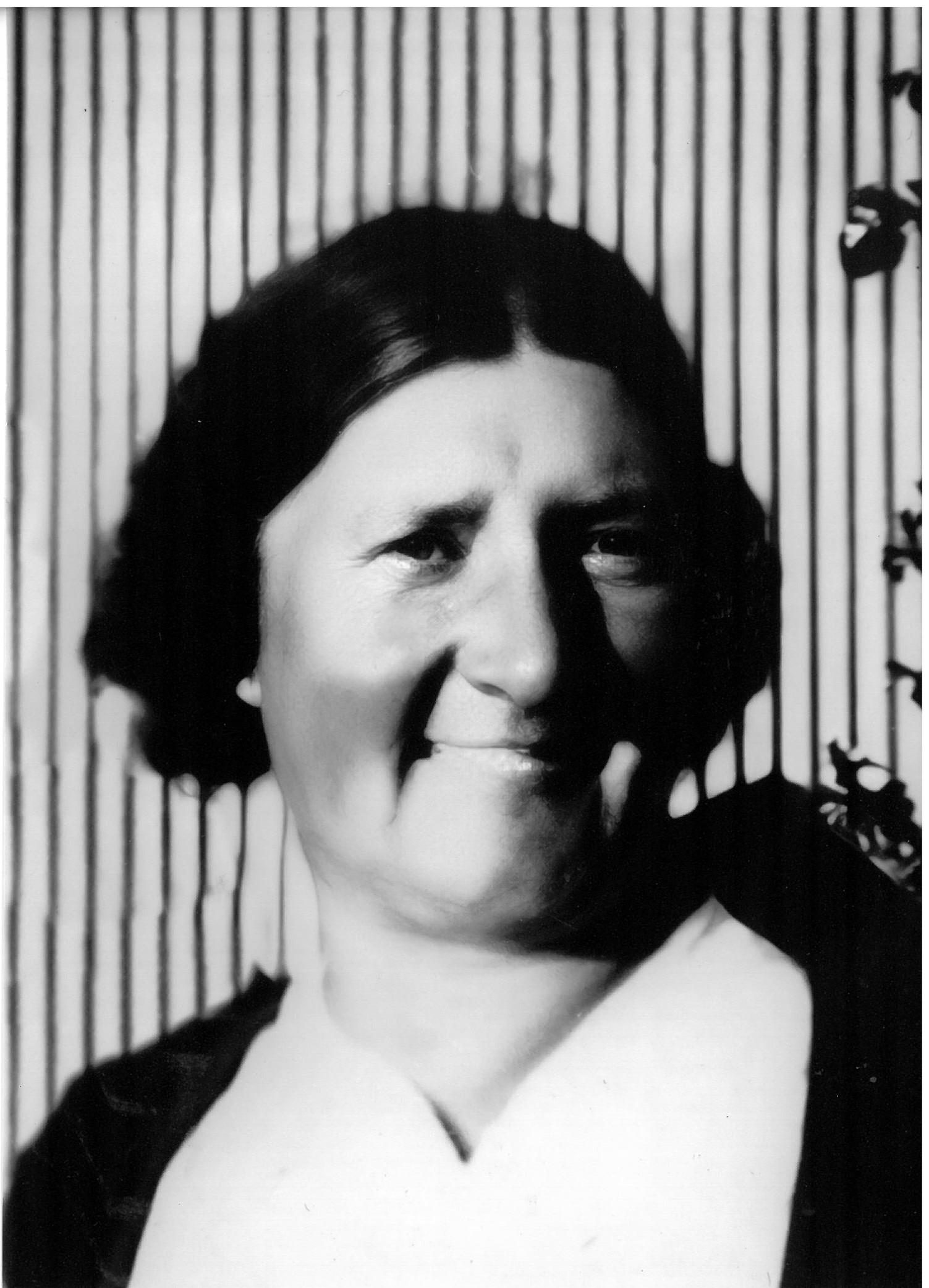
DUNCAN, Mary Geneva (Maria Geneva Contessa)
Our grandmother was born at Hesket near Woodend, Victoria, October 8th 1897 to a Swiss Italian father and Australian born mother of English immigrants.

Baptised Maria Geneva the firstborn of Antonio and Alicia Elizabeth Contessa.
Maria became Mary as was the custom of the time, went to the Hesket primary school, and saw her parents work, turning a bush block into a small productive farm. More children arrived every two years, Bernard, Lillian, and Donald.
Then disaster struck and when Mary was aged eight Alicia died in childbirth.
The family was broken up. Bernard aged six was allowed to stay with his father and the others were sent to Melbourne to various orphanages. Mary told her grandsons Lance and John, her father said goodbye at the railway station with tears streaming down his face and said “Mary, you always be a good girl”. After four years in the orphanage Mary, then aged 12, went into domestic service and began to reunite with her siblings.
In 1919 she contracted Spanish influenza and spent some time recovering with many others in groups of tents in the Melbourne Showgrounds. Being young and with a strong constitution got her through and she told us a woman visited her every day with a plate of soup.
In her early twenties she worked as a domestic in a hotel in Carlton and met and married the owners son , Norman Sinclair Duncan a wounded survivor from Gallipoli and the Somme.
They had three male children of which the youngest died at 18 months.
My brother and I are uncertain but either early 1920s or 1930s they travelled from Melbourne to Waubra, about 150 kilometres, with all their possessions in a horse drawn wagon, a journey that took three days.
In World War 2 her husband was taken back into the army as recruitment officer/paymaster at Ararat.
During the Second World War, a number of American soldiers were billeted to various people around the Ballarat area. Mary Duncan was allotted two and she told my brother and I “ they were 17 or 18 and looked about 14 and they were terrified of what lay ahead “ After a short time they were sent to the Phillipines to fight the Japanese and as far as she knew died in combat.
Mary gained employment at the Waubra Railway Station as Station Master, the first female in this position in Victoria.
A couple of interesting facts about her time at Waubra Railway Station.
When the war was raging in the early 1940s and Japanese invasion was imminent, Mary received a telegram from Railway HQ advising her to take down the “Waubra” sign at the station and burn it. This was to confuse Japanese troops if they penetrated that far into Victoria. Also many road signs around the area were removed and burnt.
The other incident was a storm was raging and Mary couldn’t keep the lantern alight to signal the train through. The train driver was blowing the whistle impatiently wanting to bring the train into the station.
Every time Mary lit the lantern the wind blew it out.
In desperation, she cut slits around an empty kerosene tin with a can opener, put the lantern in it and successfully brought the train in.
The train driver was amazed at her resourcefulness and took her “Kerosene Tin Lantern” back to HQ in Melbourne.
Mary received a congratulatory letter and a cheque for her good work.
Further work was done on her invention and it was developed as a lantern on railway crossings and Country Roads Boards (CRB) at road works. The yellow lanterns were seen around Victoria blinking away for many years thanks to Mary Duncan’s innovation.
Mary relocated to Ballarat in her early 50s, purchased a house and soon after took responsibility for her two grandsons Lance and John, being both mother and father after the death of her husband in 1956.
Mary was a fierce advocate for returned soldiers welfare and attended many political rallies to that effect.
At one memorable meeting in Ballarat she challenged the Prime Minister, Sir Robert Menzies from the floor, regarding the need for a soldiers ward at the Ballarat Base Hospital. Sir Robert a quick thinker and noting Mary was wearing a red beret hit back at her with “ that’s the communist woman that followed me from Bendigo”.
This infuriated Mary and she stormed out. The incident was reported in the “ Courier” the following day.
She had a disrupted education but was well read with Charles Dickens one of her favourite authors.
She had a bad temper and would erupt if provoked but had a heart of gold and respected by all she came in contact with.
The important things in her life were family, the Catholic Church, a belief which helped see her through difficult times and Anzac Day.
Fittingly aged 81, she died April 25th 1979. She now rests with her husband in the Ballarat cemetery Roman Catholic D Section 10 Grave 43.
Mary Duncan, a life well lived and lovingly remembered by her grandsons Lance and John.
